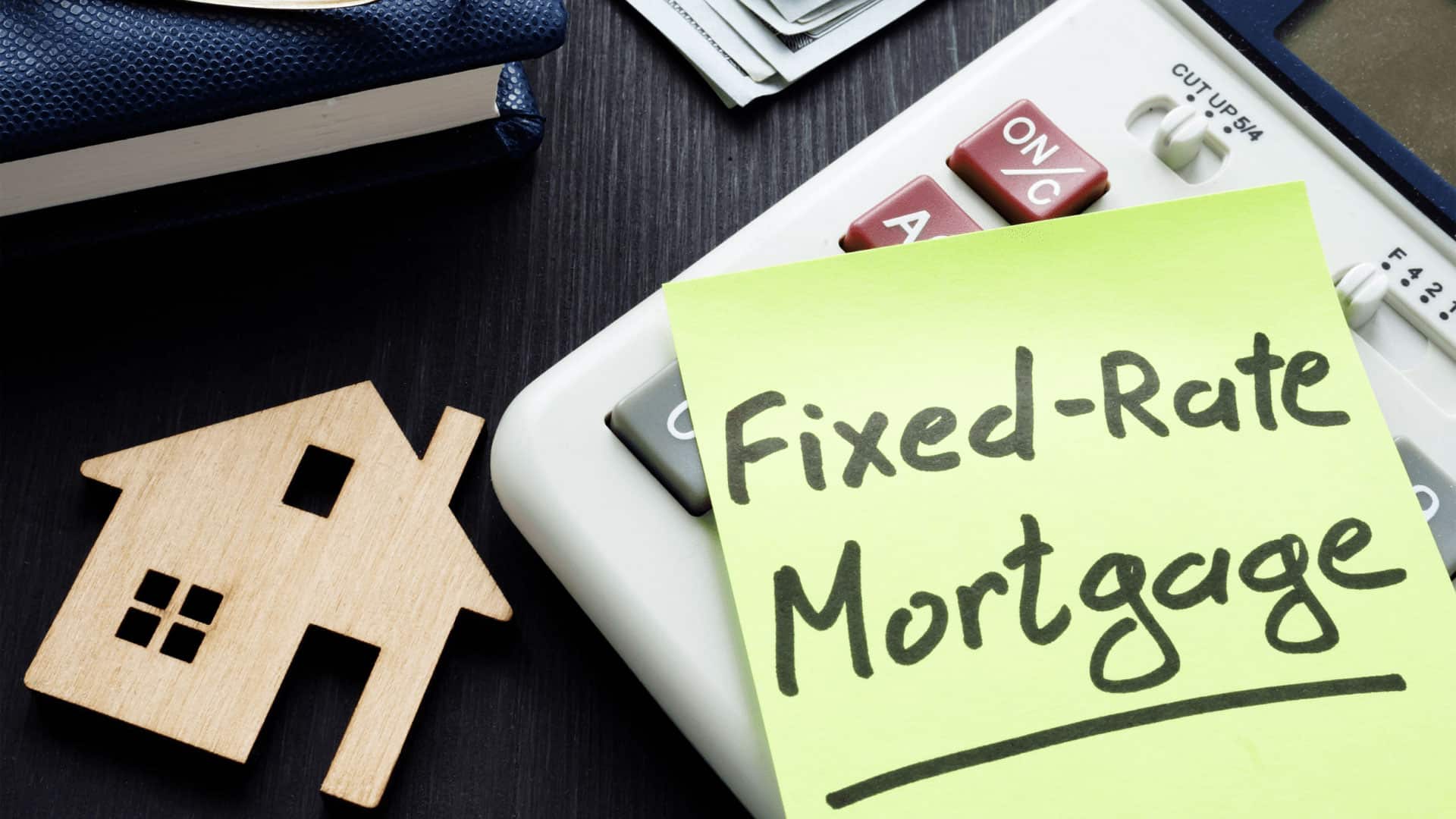In this article
When deciding how long to fix your mortgage for, the right answer usually comes down to one thing: what suits your circumstances best.
A fixed rate mortgage offers certainty, with set monthly payments for a chosen period of time. But the length of that deal can affect your flexibility, costs, and options later on.
In this guide, we’ll break down what to consider when choosing your fixed term, whether you’re a first time buyer or looking to remortgage.
Fixed Rate Mortgages
Explained in 1 min 30 seconds
Find more videos like this on MoneymanTV
Why Fix Your Mortgage at All?
Fixing your mortgage means locking in the same interest rate for a set period. This protects you from changes in the market, so your payments stay the same, even if interest rates rise.
That certainty is reassuring, especially if you’re budgeting carefully or want to avoid unexpected changes. But the trade-off is that most fixed deals come with early repayment charges if you want to leave early.
Choosing the right term length is about balancing stability with flexibility.
Is a 2-Year Fixed Mortgage the Best Option?
A 2-year fix can offer a competitive rate and lower monthly payments. It’s ideal if you’re looking for short-term certainty or think you may move or remortgage soon.
That said, two years goes by quickly. When the deal ends, you’ll need to find a new one or you’ll be moved onto the lender’s standard variable rate, which is often more expensive.
If interest rates go up during that time, your new deal may cost more than you’d expected.
What About Fixing for 5 Years?
A 5-year fix is a popular middle ground. You get more long-term stability, which means fewer remortgage applications and more time to enjoy consistent payments.
This can be a sensible option if you plan to stay in the same home for a while and want to avoid rising interest rates.
Just be aware that if rates drop during your term, you won’t benefit from that unless you pay to leave early, and early repayment charges can be significant.
Are Long-Term Fixed Rates Worth Considering?
Some lenders offer 7 or 10-year fixed deals, and even longer in some cases.
While they’re less common, they may appeal if you’re looking for long-term stability and have no plans to move or make changes to your mortgage.
The main drawback is flexibility. If your circumstances change during the term, such as deciding to move or pay off a lump sum, you could face early repayment charges.
These are usually a percentage of your remaining balance, and they can be costly if you’re still early in the term. Think carefully about whether your needs might change before the term ends.







